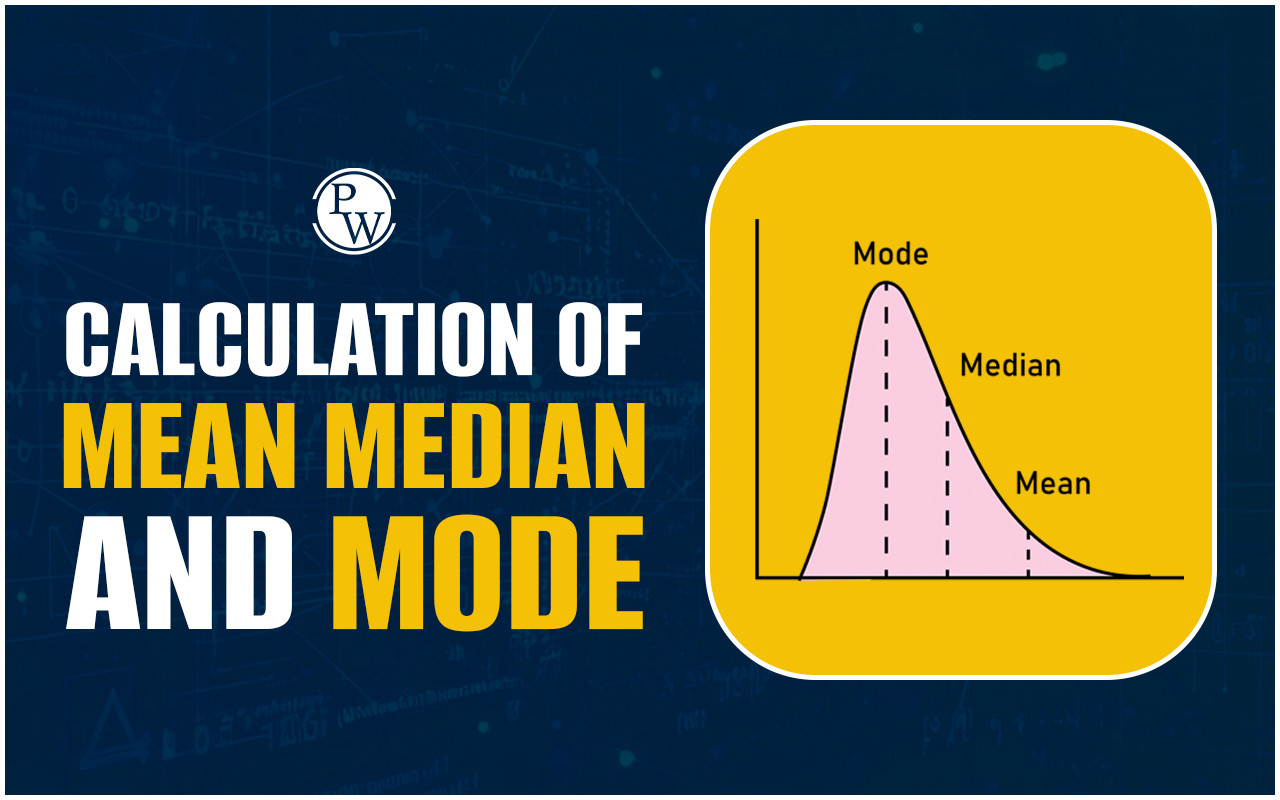

Features of Authority : Authority within organisational contexts embodies the power and legitimacy vested in individuals or positions to influence decisions, actions, and outcomes. It signifies the ability to command obedience, allocate resources, and enforce policies within defined boundaries. There are several key features of authority, including legitimacy, power, responsibility, and accountability. Legitimacy establishes the rightful basis for exercising authority, while power denotes the capability to influence and enforce decisions. Responsibilities associated with authority entail acting in alignment with organisational goals and ethical standards, coupled with accountability for outcomes.
Authority is often delegated within organisations, allowing for the transfer of decision-making powers to subordinates while maintaining oversight and control. Recognised and respected features of authority foster trust, compliance, and effective leadership, which are essential for achieving organisational objectives and maintaining operational coherence. Understanding these features of authority illuminates its role in organisational dynamics and effective management practices.What is Authority?
Authority is the institutionalised and legally sanctioned power inherent in a job role or position, enabling holders to fulfil their responsibilities effectively. It is formally assigned and recognised by legal norms. Authority grants individuals the official authorisation necessary to carry out organisational tasks. It plays a crucial role in administrative functions, as individuals can only fully execute their duties responsibly with authority. This includes overseeing situations, allocating resources, issuing commands, and expecting compliance. Authority also entails being answerable for one's actions and the consequences of success and failure in executing tasks. Moreover, genuine authority is characterised by its acknowledgement and acceptance within the organisation or context where it is exercised. This accountability underscores the importance of each individual's actions and decisions, further emphasising the significance of authority.Features of Authority
Features of authority involve transferring decision-making power, responsibilities, and accountability from one individual or entity to another within an organisation. Several key features of authority :- Transfer of Responsibility : Delegation entails assigning specific tasks, duties, or decision-making authority from a superior (delegator) to a subordinate (delegate). The delegator entrusts the delegate with the authority to act on their behalf within defined parameters.
- Authority to Act : Delegation empowers the delegate to make decisions, take actions, and exercise discretion within the scope of their responsibilities. This authority allows the delegate to represent the interests of the delegator and make decisions affecting the delegated tasks.
- Clear Communication : Successful delegation requires clear and explicit communication between the delegator and the delegate regarding tasks, objectives, expectations, and limitations. To ensure mutual understanding, the delegator must communicate the scope of authority, desired outcomes, deadlines, and any relevant guidelines or procedures.
- Accountability : Delegation does not absolve the delegator of ultimate accountability for the outcomes of delegated tasks. While the delegate assumes responsibility for task execution, the delegator remains accountable for overall results and may be held responsible for any deficiencies in the delegation.
- Trust and Confidence : Effective delegation is based on trust and confidence between the delegator and the delegate. The delegator must trust the delegate's competence, judgment, and integrity to perform delegated responsibilities effectively and responsibly.
- Monitoring and Oversight : Delegation typically involves monitoring and oversight by the delegator to ensure tasks are performed as expected. This may include progress updates, performance reviews, or checkpoints to evaluate progress and address concerns.
- Feedback and Support : Delegation should include mechanisms for feedback, support, and assistance from the delegator to the delegate. The delegator should be available to provide guidance, resources, or clarification to help the delegate succeed.
- Flexibility and Adaptability : Delegation should allow flexibility to adjust plans or approaches in response to changing circumstances. The delegator and the delegate may need to adapt to new information or evolving requirements.
| Also Read | |
| Economic Environment in India: meaning, definition, characteristics | Sectors of the Economy |
| Features of a Group | Entrepreneurship Development Process |
Components of Authority
The features of authority have several key components that define its nature and scope within an organisational context:- Legitimacy : Authority is grounded in legitimacy, conferred by organisational hierarchy, official roles, or legal mandates. It establishes the rightful basis for exercising power and making decisions.
- Power : Authority involves the ability to influence others and enforce decisions. Power can stem from formal positions, expertise, resources, or personal charisma.
- Responsibility : Authority comes with the responsibility to act according to organisational goals, policies, and ethical standards. Those wielding authority are accountable for their decisions and actions.
- Accountability : Authority figures are answerable for their decisions and impact on outcomes. Accountability ensures that authority is exercised responsibly and transparently.
- Delegation : Authority can be delegated to others within the organisation, allowing for the transfer of decision-making power and responsibilities to subordinates.
- Scope : The scope of authority defines the extent of decision-making power and control over resources or processes. It clarifies what actions an individual or position is authorised to undertake.
- Recognition : Effective authority is recognised and respected within the organisation, fostering employee trust and compliance.
Attributes of Authority
Understanding the attributes of authority is essential in recognizing effective leadership and influence. These attributes can vary depending on the context, but some key characteristics are universally acknowledged:- Authenticity : Authority within an organisation implies a lawful right granted to managers. This right is based on established practices, customs, or agreed-upon standards within the institution. According to the organisational hierarchy, a manager is given the right to influence the behaviour of their subordinates.
- The Basis of Getting Things Done: Authority grants the right to take action and control the activities of other employees within the organisation. It directly contributes to completing specific tasks necessary to achieve the stated goals.
- Implementation : Implementation is influenced by the manager’s personality. Subordinates or teams should follow the manager’s orders to execute decisions. One manager's personality traits may differ from those of another, impacting their approach to implementation.
- Decision-Making : A fundamental aspect of authority is decision-making. A manager can instruct subordinates to act or refrain from acting and make these decisions concerning the operations of their department.
Begin your journey towards academic excellence in Commerce with our comprehensive Commerce courses . Master the CBSE syllabus with expert guidance and ace your exams. Enroll now!”
Features of Authority FAQs
What are the functions of authority?
What are the four sources of authority?












